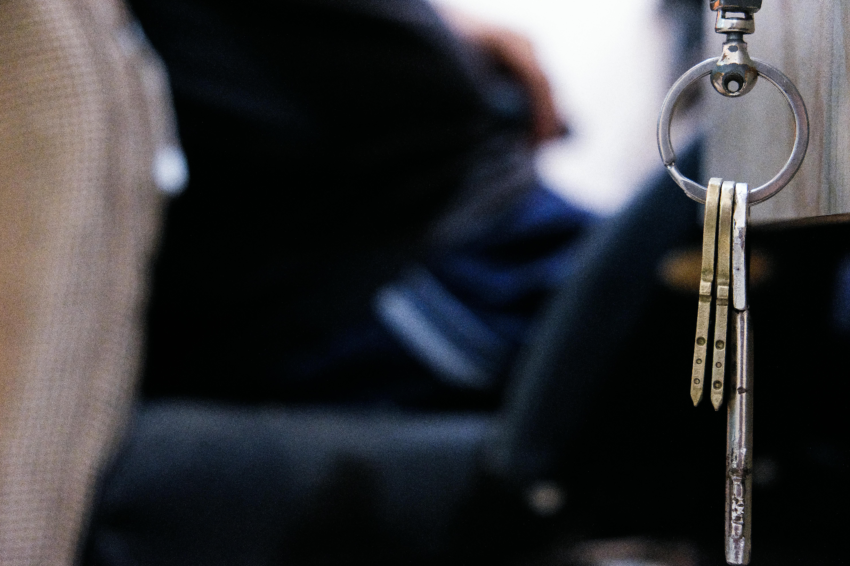The city is set to take a longer look at controlling short-term rentals (STRs) in Barrie.
Sitting as community safety committee Wednesday evening, councillors asked city staff to investigate STRs measures such as complaint-based enforcement, zoning, permits or licences, and Official Plan restrictions.
Mayor Alex Nuttall said Barrie’s annual increase in STRs is double-digit, but solutions must show balance.
Barrie does not specifically regulate STRs, such as Airbnb-type properties.
Coun. Gary Harvey, the city’s finance and responsible governance committee chairman, said STR regulation could also risk the city’s agreement with Airbnb, a deal which generated $269,000 in municipal accommodation taxes (MAT) last year.
Kathleen Trainor, executive director of Tourism Barrie, said the city should not regulate STRs, because it would be very expensive for taxpayers.
But she said a type of licensing could be an option.
City staff have already identified ways the city could regulate STRs — by its zoning bylaw, its business licensing bylaw, the fees bylaw and even through the potential development of a short-term rentals bylaw itself.
Ontario’s Ministry of Tourism, Culture and Gaming identified 503 STRs in Barrie as of last December. Staff also said the property count is steadily growing, year-over-year.
The distribution of STRs in Barrie shows 65 to 66% of available listings are for houses and 46 to 48% of available listings have one bedroom. And of the total amount of STRs in Barrie between May and December 2024, it’s estimated that between 368 and 400 are houses, and 114 to 124 are apartments.
Only a small number of STRs have received complaints, brought to the attention of city staff and members of council. Through municipal law enforcement, staff determined from June 2023 to December 2024 only five STRs complaints were received and all were in relation to two STRs properties.
Staff also reviewed, through Service Barrie, from October 2023 to December 2024, only two STRs complaints and received 11 inquiries.
STRs complaints are managed by the city, Barrie police, Barrie Fire and Emergency Service (BFES), Airbnb and other internet-based accommodation sharing platforms.
City bylaws which impact STRs include parking, property standards, burn permits and noise.
Barrie police do not have data specific to STRs, while BFES reports six complaints were received from July 2022 to December 2024, specific to open air burning for an STRs property. Violations were found in three of the cases.
But Hamilton noted that because of the different ways STRs complaints can be made, and whether the complaints actually are about STRs, these numbers are suspect.
The City of Toronto, for example, defines a short-term rental as all or part of a dwelling unit rented out for less than 28 consecutive days in exchange for payment. This includes bed-and-breakfasts, but excludes hotels and motels.
A short-term rental company facilitates or brokers short-term rental reservations online and receives payment for this service. All short-term rental companies are required to obtain a licence to operate in Toronto.
Short-term rental operators are people renting their homes or rooms on a short-term basis, for a period of less than 28 consecutive days.

